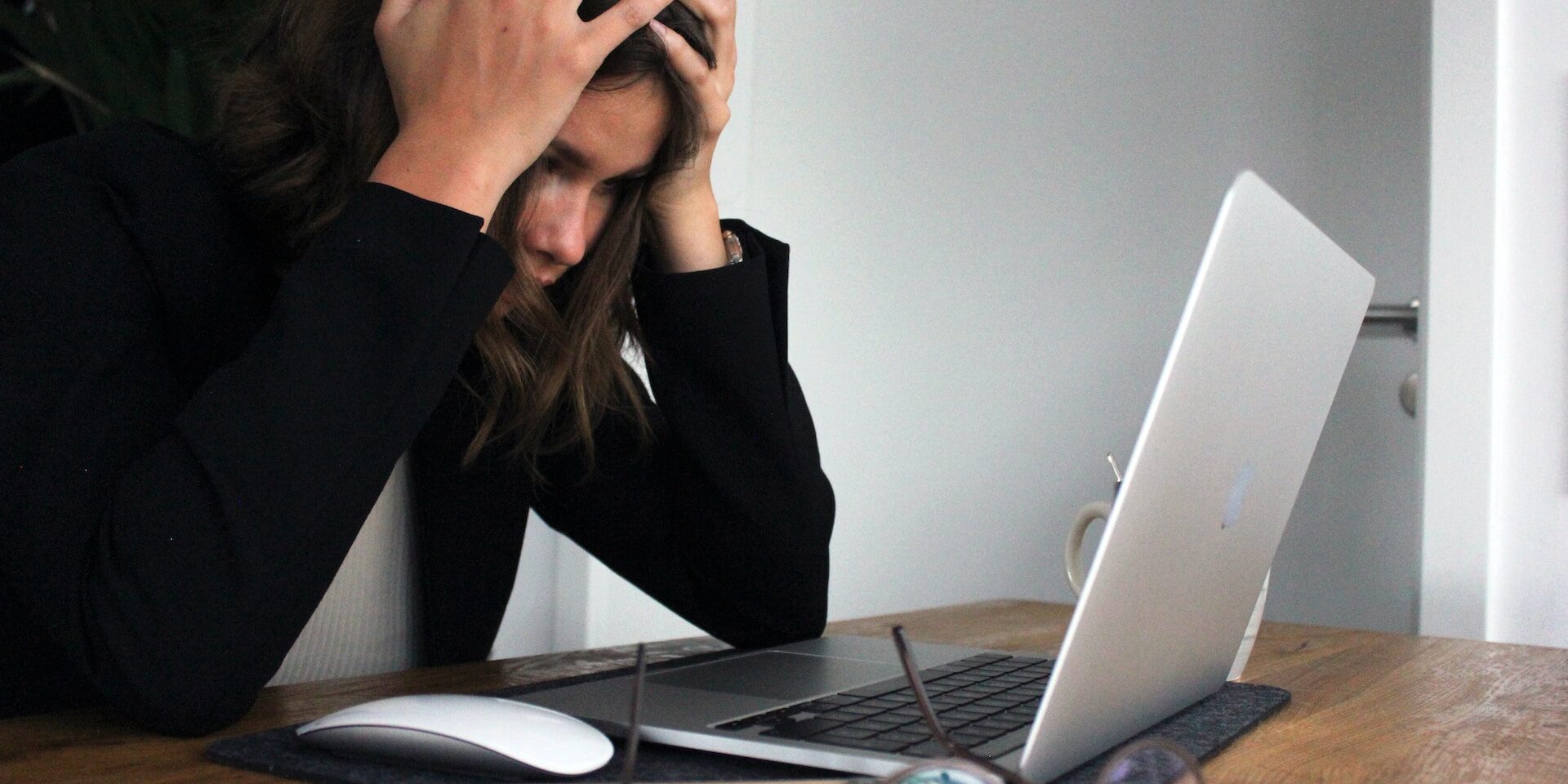Job interviews can be nerve-wracking experiences, and sometimes despite our best efforts, things don’t go as planned. We’ve all been there, stumbling through answers, feeling the pressure, and ultimately leaving the interview room with a sinking feeling that we didn’t perform our best. However, a bad job interview doesn’t have to be the end of the road. In fact, it can be a valuable learning experience that propels you toward future success.
One of the most crucial aspects of recovering from a less-than-ideal interview is to reflect on what went wrong. Was it a lack of preparation, nervousness, or simply a mismatch between your skills and the company’s needs? Identifying the specific areas where you fell short will be the foundation for your improvement journey.
Perhaps you didn’t adequately research the company and stumbled when asked about their values or recent achievements. Use this as an opportunity to understand the importance of thorough research before an interview. Companies want to see that you are genuinely interested in working for them and that you’ve taken the time to understand their mission and culture. Make a checklist for future interviews, ensuring you are well-versed in the company’s background, recent news, and any specific details that set them apart.
Nervousness is a common culprit for interview blunders. It’s perfectly normal to feel anxious, but managing those nerves is key to presenting yourself confidently. Consider practicing with a friend or family member, simulating common interview questions and scenarios. This not only helps you refine your responses but also familiarizes you with the interview setting, reducing anxiety on the actual day.
Moreover, pay attention to your body language during these practice sessions. Non-verbal cues play a significant role in interviews, and a confident posture and eye contact can make a positive impression. If you fidgeted or avoided eye contact during the previous interview, make a conscious effort to improve these aspects in your next practice sessions.
Sometimes, a bad interview can be a sign that there’s a mismatch between your skills and the job requirements. Use this realization as motivation to reassess your strengths and weaknesses. Seek feedback from mentors, colleagues, or even professional coaches if possible. Constructive criticism can provide valuable insights into areas where you can improve and help you tailor your approach for future interviews.
Another critical aspect is addressing the questions that stumped you in the previous interview. Were there specific technical questions or behavioral scenarios that left you stumbling? Take the time to research and prepare for these types of questions. Seek out resources, join relevant forums, or enroll in courses to enhance your skills in areas where you feel less confident.
Turning a bad interview experience into a stepping stone for future success requires resilience and a commitment to self-improvement. Use the setback as an opportunity to grow, learn, and become a stronger candidate. Remember, everyone faces challenges, and setbacks are an inevitable part of any career journey.
Conclusion
As you prepare for your next interview, approach it with a positive mindset. Confidence in your abilities, coupled with a genuine eagerness to learn and adapt, will set you apart. By transforming your bad interview experience into a catalyst for improvement, you’ll not only enhance your chances of success in the job market but also demonstrate to potential employers that you are a candidate who values growth and continuous learning. After all, success is often born from the lessons learned in failure.


